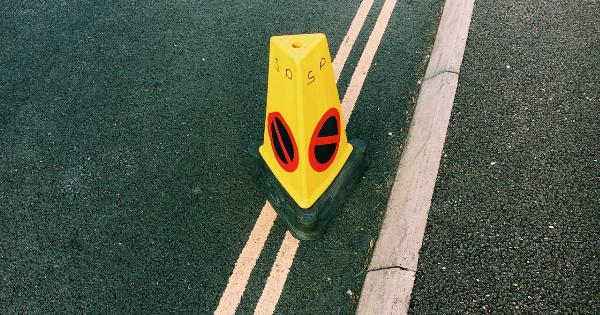Muscle pain can be debilitating, affecting your day-to-day activities and limiting your movement. Whether it is muscle soreness from overexertion or chronic pain due to an injury, it is important to know how to alleviate and prevent muscle pain.
In this ultimate guide, we will discuss various ways to deal with muscle pain and help you on your journey to a pain-free life.
Understanding Muscle Pain
Muscle pain can be caused by several factors, including injuries, overuse, strain, and inflammation. It can affect any part of the body, including the neck, shoulders, back, legs, and arms.
The pain can range from mild to severe and can persist for a few days to several weeks or months, depending on the cause.
Symptoms of Muscle Pain
The symptoms of muscle pain can vary depending on the cause. Some common symptoms include:.
- Soreness or tenderness in the affected area
- Stiffness or limited range of motion
- Swelling or inflammation
- Bruising or discoloration
- Fatigue or weakness
Preventing Muscle Pain
Prevention is the best medicine when it comes to muscle pain. Here are some tips to help you prevent muscle pain:.
- Warm up before exercising and cool down after exercising
- Stretch regularly to improve flexibility and prevent injury
- Avoid prolonged sitting or standing
- Practice good posture
- Stay hydrated to prevent dehydration-related muscle cramps
- Wear appropriate footwear and gear for the activity
Treating Muscle Pain
If you are experiencing muscle pain, there are several ways to alleviate the pain and promote healing. Here are some effective treatments for muscle pain:.
Rest and Ice
Resting the affected area and applying an ice pack can help reduce inflammation and relieve pain. Apply the ice pack for 15-20 minutes at a time, several times a day, to help reduce swelling and pain.
Heat Therapy
Heat therapy can help loosen up stiff muscles and improve blood flow to the affected area. This can promote healing and reduce pain. You can use a heating pad, warm towel, or take a warm bath or shower to relieve muscle pain.
Pain Relief Medication
Over-the-counter pain relief medications, such as acetaminophen or ibuprofen, can help relieve muscle pain. However, it is important to follow the recommended dosage and not exceed the recommended amount.
Massage
Massage is an effective way to reduce muscle tension and promote relaxation. It can help increase blood flow to the affected area, which promotes healing and reduces pain. You can try self-massage or seek the help of a professional massage therapist.
Physical Therapy
If the muscle pain is severe or chronic, physical therapy may be recommended. Physical therapy can help you improve your strength, flexibility, and range of motion.
A physical therapist can develop a personalized plan to help alleviate your muscle pain and prevent further injury.
Acupuncture
Acupuncture is a traditional Chinese medicine technique that involves the insertion of thin needles into specific points on the body.
It can help alleviate muscle pain by promoting the body’s natural healing processes and reducing inflammation and pain.
Chiropractic Care
Chiropractic care is a form of alternative medicine that focuses on the manipulation of the spine and joints to improve alignment and reduce muscle tension. It can help alleviate muscle pain and improve range of motion.
When to Seek Medical Attention
If your muscle pain persists for more than a few days or is severe, it may be a sign of a more serious underlying condition. You should seek medical attention if you experience any of the following:.
- Sudden and severe muscle pain
- Weakness or numbness in the affected area
- Fever or chills
- Difficulty breathing or chest pain
- Difficulty moving the affected area
- Joint pain or stiffness
Conclusion
Muscle pain can be debilitating, but there are several effective ways to alleviate the pain and promote healing.
By following the prevention tips and treatment methods discussed in this guide, you can effectively deal with muscle pain and improve your quality of life.


























